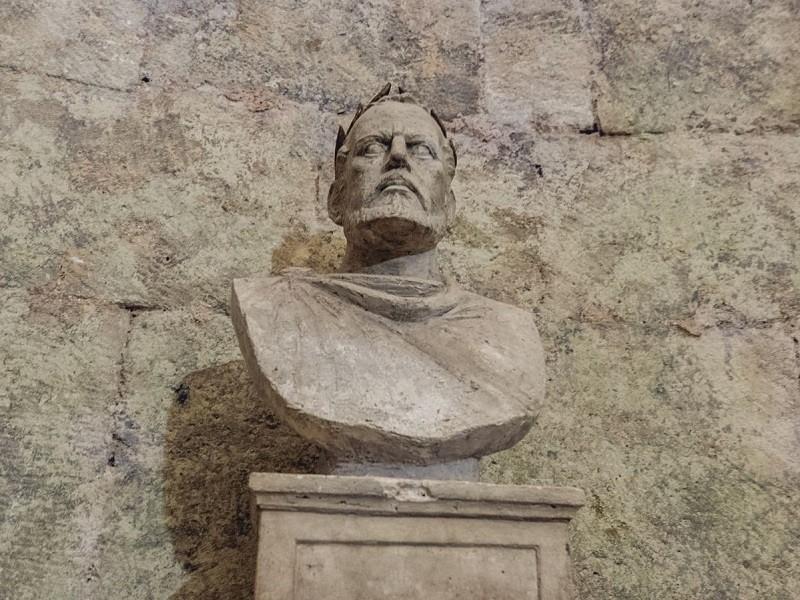
If you thought that all Roman emperors were of noble descent and came to prominence by virtue of being born into an aristocratic family, then you would be wrong. Some girls dream of becoming princesses by marrying a handsome prince (congratulations to Ms. Meghan Markle & Prince Harry!), but for a boy to become an emperor of the Roman Empire, he must have been something really unique.
So how does Emperor Diocletian fit into this story? Who was Diocletian and how did he become the emperor of the world’s most famous empire at the time?
Emperor Diocletian actually wasn’t even a Roman citizen, but a child born into a peasant family who was probably freedmen or former slaves. He was born and raised in ancient Salona, today’s Solin. At the time Salona was the largest settlement in Dalmatia and the 4th largest settlement in the entire Roman Empire. Diocletian was born Diocles, a son of a scribe with not much of a bright future. One day he decided to join the army and that is where his rise begins. Diocletian’s valiant heart and great leadership made him a consul of Emperor Carus. As it was common on the Roman court, foul plays and treacheries were always present in an aim to reach the throne, and thanks to the support of his fellow soldiers and after the death of Emperor Carus and his son Numerian, Diocles became Gaius Aurelius Valerius Diocletianus – the Emperor.
Since tumultuous changes were so common at the Roman court, you are probably wondering: how long did Emperor Diocletian reign?
And we must say that he did really well, considering all the problems and the legacy he had to uphold. Diocletian ruled Roman Empire from 284 to 305, and even though he became Emperor when the Roman Empire was in decay, he ended the so-called Crisis of the Third Century (235–284) and returned Rome to its former glory, made many reforms which are common today in modern societies, and of course- he founded the most beautiful city in the world – Split.
What was Diocletian’s first change to the Roman Empire?
Diocletian was first and foremost a soldier, but he made reforms not only in the Roman military but also in its financial system, administration, religion, architecture, and changed rules of ruling the Empire. One of the most important achievements of Diocletian was the “tetrarchy” – ruling of four. Diocletian ruled with his friend and officer Maximian who was named co-emperor. Besides Maximian, Diocletian gave ruling powers to his son-in-law and husband of his daughter Valeria – Galerius. And lastly, the fourth emperor was Flavius Constantinus, a former Governor of his homeland, Dalmatia. Diocletian and Maximian even adopted the two latter emperors to make this a bond of blood and marriage. They divided the rule of the Roman Empire amongst themselves and the Empire flourished. Diocletian was in general control of the East and had his siege at Nicomedia (Izmir in Turkey).
What were Diocletian’s achievements in terms of military, administration and taxes?
Diocletian was a very ambitious emperor, probably wanting to prove himself because of his humble beginnings, but many historic facts tell us that he was a smart and hard-working Emperor. He wanted to fortify and protect his borders so he had doubled the size of the army, making every son of a soldier inherit his father. He also realized that due to the immense size of the Empire, he can’t control the provinces and taxes, so he established an autocratic structure, increased the number of bureaucrats, doubled the number of provinces and had local officials report directly to Rome. He also changed the tax policy of the Empire by emphasizing the liability of taxpayers and making all taxes information public. He was the first ruler to create a state budget based on tax revenue. Diocletian’s tax system and administration last even today, with modifications of course. He enforced a rule that coins could only be made of gold or silver, not lead. He even established a state religion which is so common today, but we will get to that later…
What is Diocletian’s palace and how did he influence the modern-day city of Split?
As we have stated before, Diocletian was of Dalmatian descent and he was born in ancient Salona. Although he became an Emperor, he never liked staying in Rome. The only thing he is famous for in Rome is his Baths, a huge public thermae built between 298 and 306. These Baths of Diocletian at Rome even had libraries within the walls, but nothing can compare to his palace in Aspalathos, today’s Split. The palace was built by the end of 305 as his retirement home, today the historical city core of Split. The palace today is mostly known simply as the city center, the walls are visible as well as the gates, with some other important parts of the palace such as Peristyle, Jupiter’s temple, Vestibul… The palace was built from island Brac stone, and the columns and sphinxes were brought here from Egypt.
Why did Diocletian hate Christians so much and prosecuted them so mercilessly?
Diocletian was just like all Roman Emperors a polytheist. He didn’t think of himself to be a God, but he thought that he and his fellow Emperors were God’s representatives on Earth. He was also a bit of an egomaniac, demanding that no one can wear the color purple but he and his servants had to lie on the floor when he entered so-called prostration. He hated all religions, but his son-in-law Galerius hated Christians with passion and it was he who convinced Diocletian to hate them too, and thus the universal prosecution had begun. Diocletian proclaimed his Edict against the Christians and then decapitations, torturing and martyrdoms ensued… It is ironic perhaps that Diocletian’s tomb guards the bones of St. Duje, martyr and protector of Split, while Diocletian’s bones have been destroyed and relocated. Diocletian’s successor Constantine even made Christianity the main religion of the Empire.
So what was Diocletian’s most famous achievement?
We would probably say it is definitely the birth of Split, but the fact that he ruled for so long and didn’t die a violent death but was the first Emperor to abdicate and then die is probably his greatest accomplishment. Some say he committed suicide, while his wife Priska and daughter Valeria have been executed. Local stories in medieval times saw them roam the hills above Split and travel through underground halls between Split and Solin, or dance with fairies on Mosor Mountain. Without Diocletian, the empire almost fell apart. He died on December the 3rd 312 after a reign of 21 years and a voluntary abdication, retired in his palace at the most beautiful place on Earth.
We must say: not bad at all…
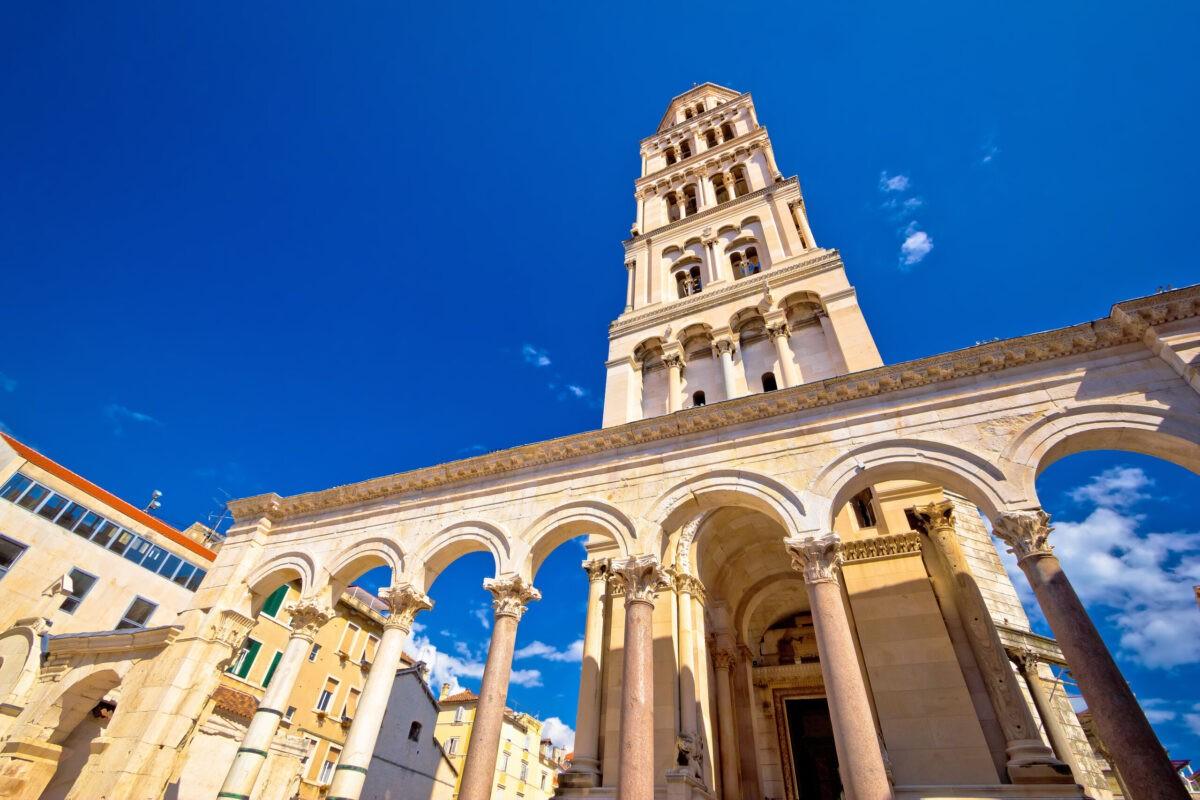
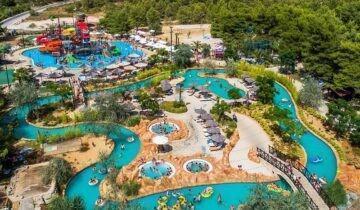
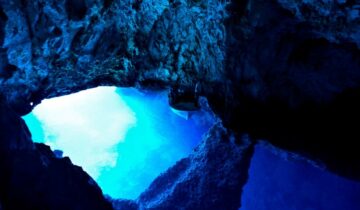
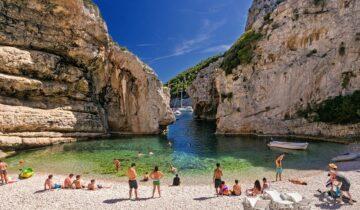
 No products in the cart.
No products in the cart.